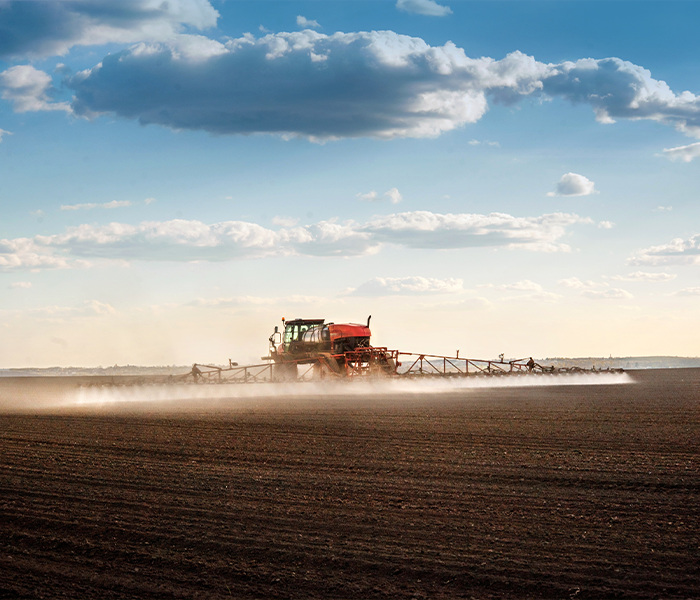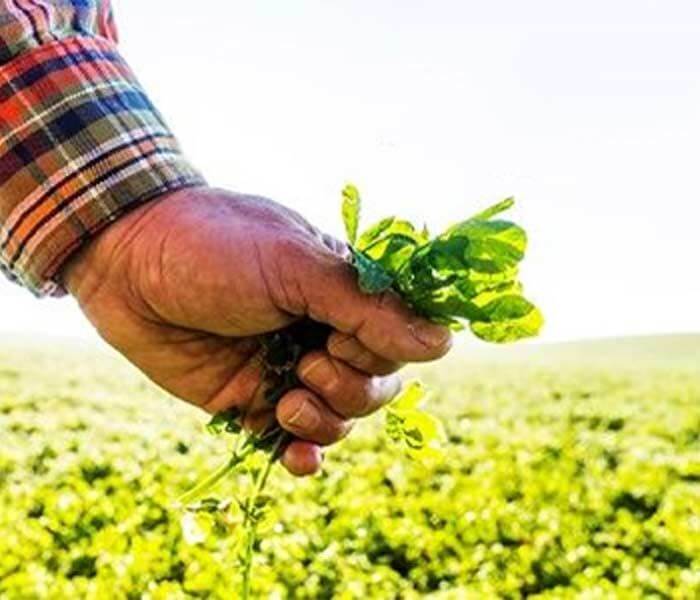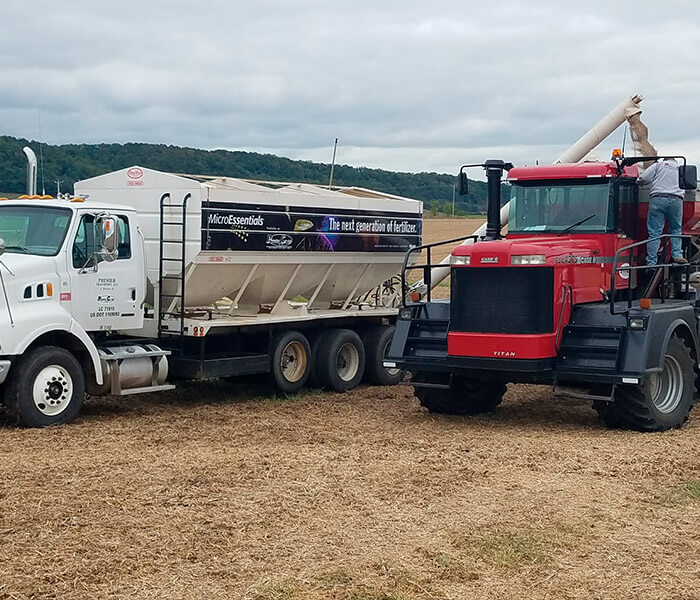"QT" Alfalfa Treatment Program
Advances in technology continue to bring innovative ways to improve quality and tonnage for your alfalfa crop.
Just in the last few years biostimulants have become an integral part of top alfalfa production. Here at Premier Cooperative we have incorporated that technology into our “QT” Alfalfa Treatment Program.
Start with scouting as you remove your cutting of alfalfa.
We start with scouting as you remove your first cutting of alfalfa to determine potential economic damage from high leafhopper counts. Leafhopper damage not only reduces yield, but also reduces forage quality through a loss of protein. If left uncontrolled over several cuttings, potato leafhoppers can cause significant stand reductions.
Leafhopper damage can be prevented with insecticide treatment if applied before yellowing occurs, so timely scouting is critical. Insecticides such as Grizzly Too have proven to effectively control potato leafhoppers.
Establish nutrient requirements of the crop with a tissue sample.
To meet nutrients needs based on a tissue sample we will add in Maxin Boron and Sulfur as required. Max-In technology that is used in the formulation increases the micro-nutrients movement through the leaf cuticle to the internal leaf structures to feed directly into the alfalfa plant. Tests typically show a response in yield and increased relative feed value.
Diagnose diseases present or likely to manifest in the nearterm.
Next, based on disease pressure and future weather conditions, a fungicide treatment should be considered. Prixor could be that option to help protect quality and maximize yield as we look to future cuttings.
Add the secret sauce.
To finish off the "QT Alfalfa Treatment Program" we look to the new technology in biostimulants. Adding products such as Ascend SL or Kriss have shown excellent results to give your alfalfa that final boost it needs and reach that top end quality and tonnage we all want.
Please use the form below to contact your agronomist to take advantage of the benefits of the "QT" Alfalfa Treatment Program and maximize your alfalfa production for 2020.
Ken Jahnke
Division Sales Manager




